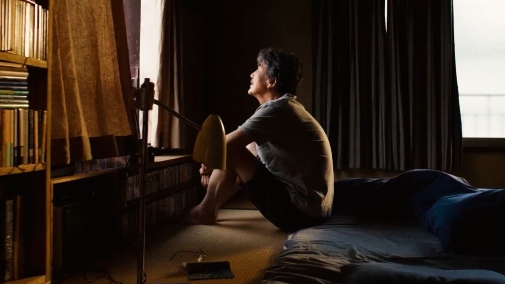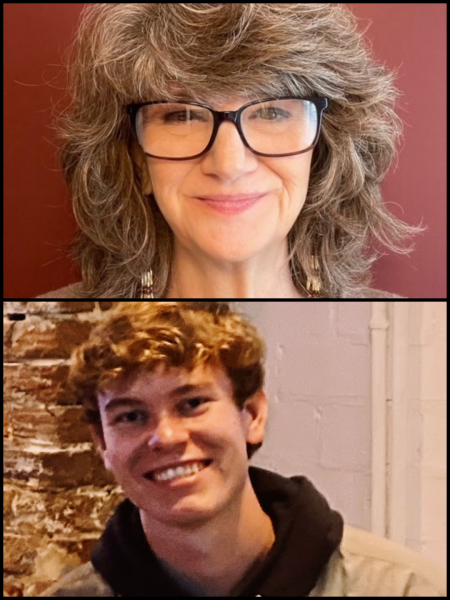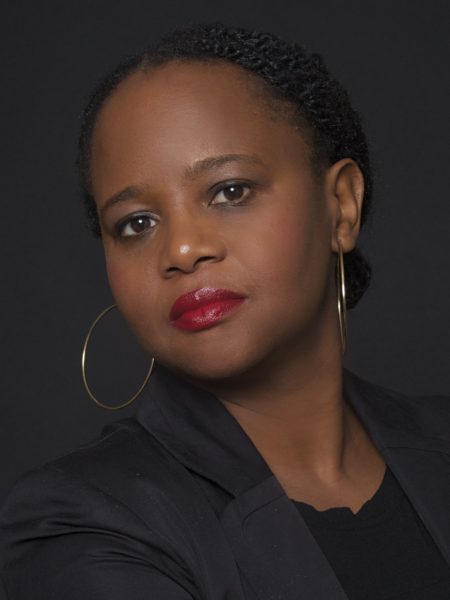A Review of The Memory House

October 11, 2022
The Memory House by Raki Kopernik is an innovative memoir. This experimental book is rich with meaning in such few pages due to its use of poetic density of language and Kopernik’s descriptive language. The book is vivid in its details of Kopernik’s memories or rather what she calls ‘The memory House’. The book follows both the author and her parents’ memories starting with her mother’s childhood in Israel. Kopernik weaves through her own memories all the while telling the story of her family; this structure furthers Kobernik’s message that she feels as though her mother’s stories are her own.
Kopernik craftly executes explaining the complexities of growing up multicultural in The United States when society views the middle east in a negative light, as well as the universal feeling of struggling to belong. Kopernik explains that growing up and visiting her family in Israel she never felt as though she fit the mold, never looked or felt as though she truly belonged: “My second cousins lived there, the grandchildren of my Safta’s sister. They were older than me. Their skin was two shades darker brown than mine, even without the sun, and they were taller and thinner than me. I wanted to look like them, to look like I belonged there, for my body to represent the culture of my ancestors”. Kopernik sheds positive light on the country, and culture as she recounts her childlike wonder at getting to spend her summers there growing up.
Kopernik has an interesting stylistic choice when it comes to how she organizes the novel, each page typically contains only a few paragraphs. At the end of each page or an end to a specific story/memory, Kopernik makes a powerful statement that is a gut punch emphasis to the message. After the story about her father’s childhood and how it’s filled with mystery and secrecy, the last line emphasizes that point: “or he doesn’t want to remember”
Kopernik displays powerfully through the metaphor of ‘The memory house’ that once we share our stories, they are no longer just ours because parts of those stories now live in someone else. “We are not made of angles. There is no one way, no one straight line, no one yes no. All of our stories, different loops, same spirals. Same different same. We are made of woven circles.”. Kopernik’s memoir is vulnerably human and anyone who wishes to reflect on the complexities of childhood and discovering one’s place in the world should read The Memory House.







